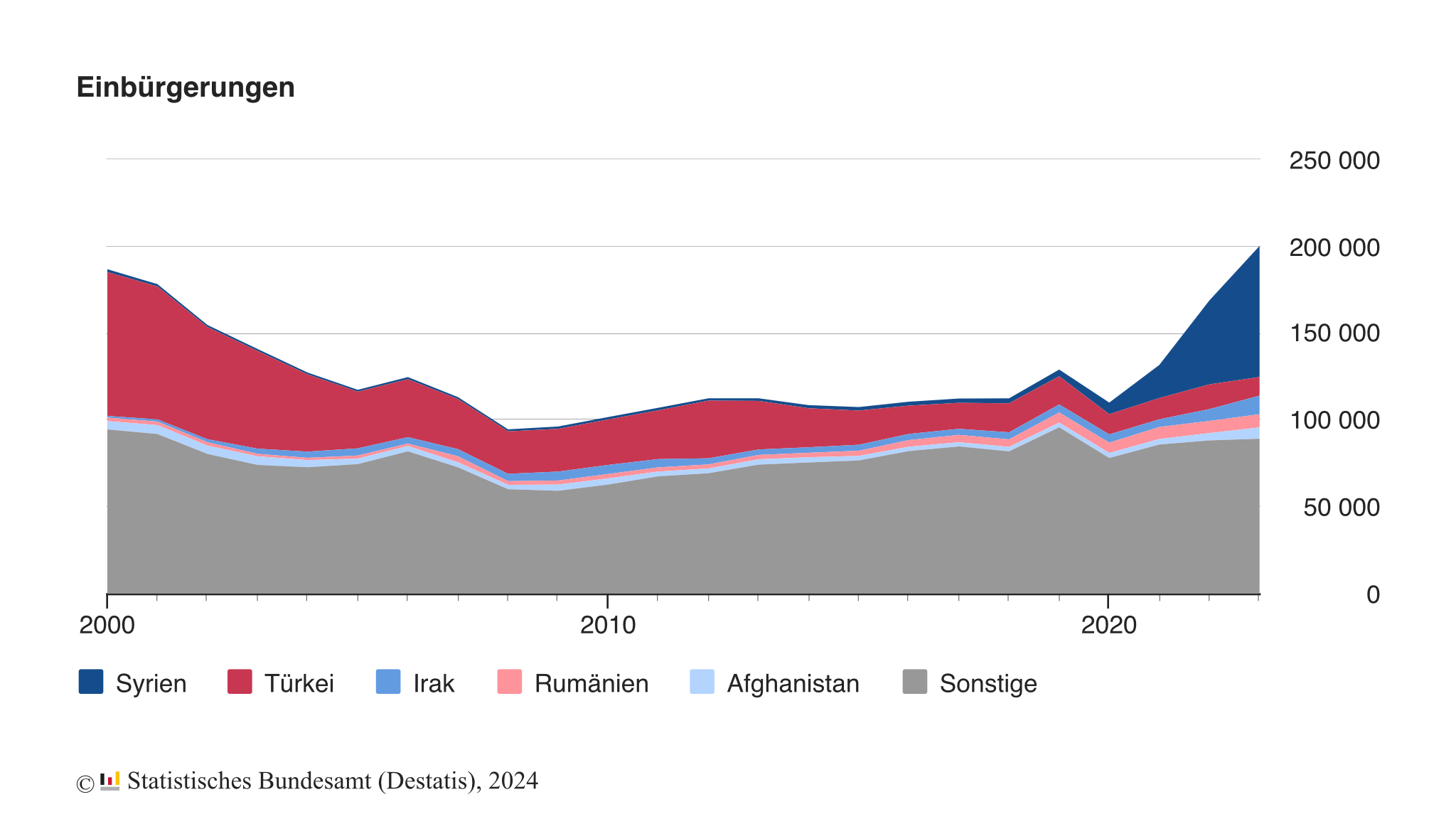
Why Are Germans Struggling with Housing Costs?
Housing costs have become a significant issue for many Germans. According to a study by the German Institute for Economic Research (DIW), the proportion of households severely burdened by rent has almost tripled since reunification, rising from 5% to 14%. The situation has become so dire that even proposed solutions seem ineffective, leaving policymakers looking powerless.
What is the Financial Rule of Thumb?
A solid financial planning rule suggests that individuals should spend no more than one-third of their net income on housing. However, more and more people are falling short of this goal. The DIW study reveals that households spending over 40% of their available income on rent are classified as “overburdened.” This statistic is concerning, especially since the recommended upper limit is 30 to 33%, leaving these households with insufficient funds for other expenses.
Who is Most Affected by Rising Rents?
The rent increase hits low-income earners the hardest. On average, they spend about 36% of their net income on rent, which is significantly higher than what they can afford. This leaves even less for other essential expenses, exacerbating their financial struggles. In contrast, high-income earners spend an average of 22% of their net salary on rent, giving them more financial flexibility.
Are the Metropolises the Most Expensive?
Yes, the rents in cities like Munich and Berlin are exceptionally high. Even high-income earners find it challenging to afford housing in these areas. For example, renting a 68-square-meter apartment in Munich requires a gross monthly income of over €10,000 to stay within the one-third rule, which translates to about €5,500 net.
Is There Any Hope for Affordable Housing?
Unfortunately, the DIW study indicates that there is little hope for more affordable housing in the near future. Measures like rent caps offer only short-term relief and can have adverse effects like reducing the incentive to build new homes. More social housing could help low-income earners, but the number of social housing units has plummeted from around four million to just one million since reunification. To truly alleviate rent burdens, more new homes of all types—social housing, mid-range, and luxury—are needed. However, high construction costs, excessive bureaucracy, and a lack of building land are hindering new construction.
What Can Be Done to Make Rents More Affordable?
The German government must focus on increasing the supply of new homes to make rents more affordable. Despite the coalition government’s goal of building 400,000 new homes annually, they consistently fall short, with experts predicting only around 200,000 new homes for 2025.
Conclusion
While the current situation seems bleak, there are potential solutions on the horizon. Understanding these challenges and exploring potential measures can help alleviate the burden of rising rents. For more in-depth analysis and insights into this issue, ETAINFI regularly provide valuable information and answer can your questions. Feel free to contact or write to us.


